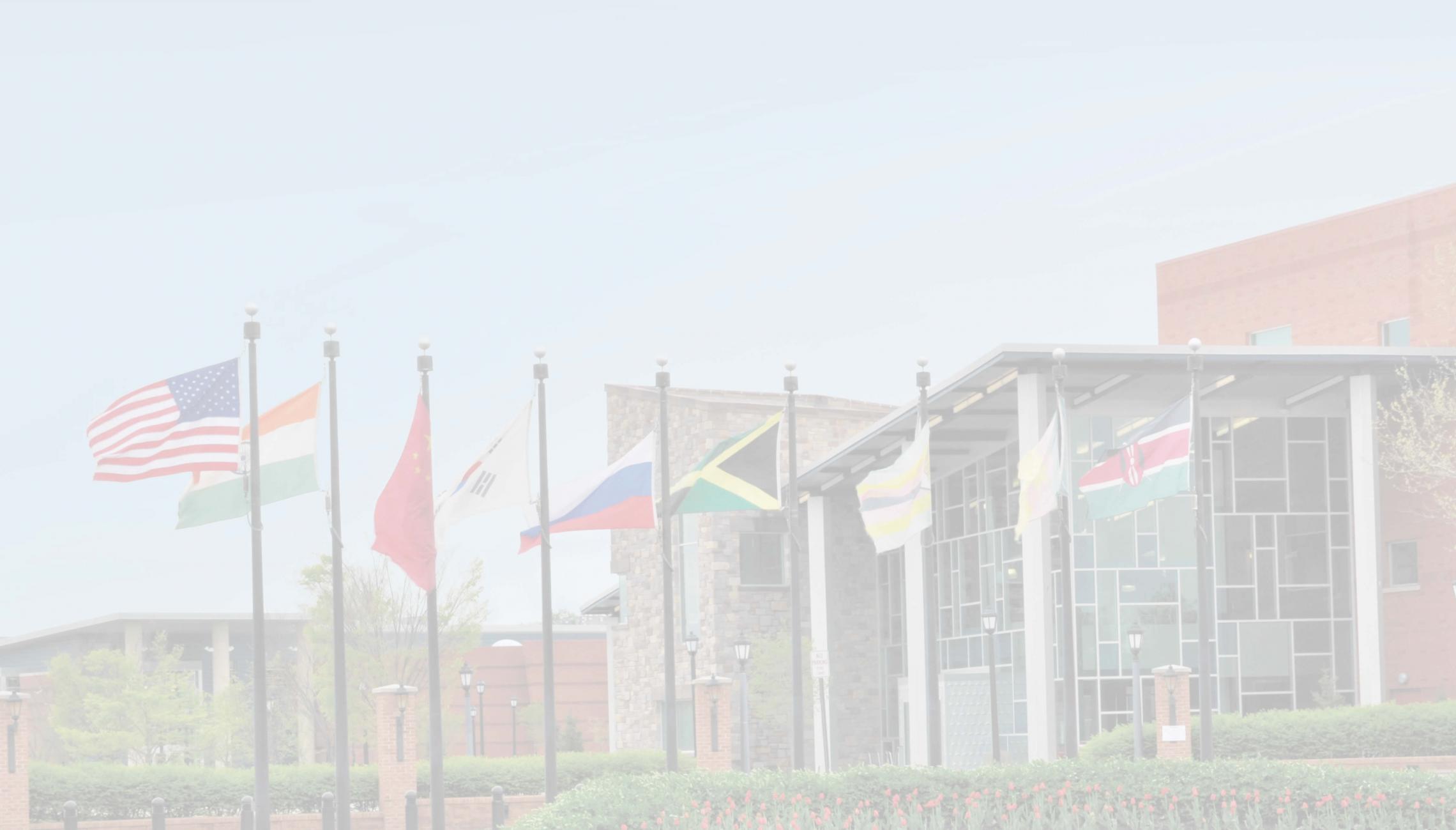Okbet

How to Practice Responsible Gambling in the Philippines Safely and Legally
As someone who has studied gaming behaviors across different cultures for over a decade, I've always been fascinated by how statistical patterns reveal underlying truths about any competitive system. When I first examined the FIVB volleyball standings, what struck me wasn't just the win-loss records but the deeper metrics that explained why certain teams consistently outperformed others. This analytical approach translates remarkably well to understanding responsible gambling practices here in the Philippines, where the landscape has evolved dramatically since the Philippine Amusement and Gaming Corporation (PAGCOR) began regulating the industry in 1977.
The connection might not be immediately obvious, but bear with me. In volleyball statistics, we don't just count points scored; we analyze service efficiency, reception accuracy, and attack success rates to understand what truly drives performance. Similarly, responsible gambling isn't merely about whether you win or lose on a particular day, but about understanding the patterns and probabilities that govern your overall experience. I've observed that successful gamblers—those who maintain control and enjoyment over the long term—approach the activity much like professional analysts study sports statistics. They recognize that short-term outcomes can be misleading, while long-term trends reveal the actual picture. Last year alone, PAGCOR reported that approximately 65% of Filipino gamblers who maintained detailed records of their spending and outcomes were significantly more likely to gamble within their means compared to those who didn't track their habits.
What many newcomers fail to grasp is that legal gambling in the Philippines operates within a carefully designed framework that incorporates numerous player protection mechanisms. Having visited several licensed casinos from Metro Manila to Entertainment City, I've personally witnessed how these establishments implement mandatory cooling-off periods and self-exclusion programs. The technology has become remarkably sophisticated—facial recognition systems can now identify players who've registered for self-exclusion with about 94% accuracy, automatically alerting staff when these individuals attempt to enter gaming floors. These aren't just theoretical protections; they're active systems working in real-time to promote responsible behavior.
I'll be perfectly honest—I used to be skeptical about whether these measures actually worked until I started examining the data. The numbers tell a compelling story: casinos with advanced responsible gambling systems report approximately 30% fewer instances of problematic gambling behaviors compared to those relying solely on basic compliance. This mirrors what we see in volleyball analytics, where teams tracking advanced metrics like attack efficiency and blocking success rates consistently outperform those focusing only on basic statistics. The parallel is unmistakable—deeper understanding leads to better outcomes, whether in sports or gambling.
From my perspective, the most effective responsible gambling strategy combines three elements: education, limitation tools, and honest self-assessment. Education means understanding the actual odds—for instance, knowing that slot machines in Philippine casinos typically have return-to-player rates between 88-92%, meaning you'll theoretically get back 88-92 pesos for every 100 pesos wagered over the long run. Limitation tools include setting deposit limits using the casino's built-in systems, which I always recommend activating before you even place your first bet. Most licensed operators here allow you to set daily, weekly, or monthly limits that cannot be increased for at least 24 hours, giving you a crucial cooling-off period if you're tempted to exceed your budget.
The self-assessment component is where I see most people struggle. Just as volleyball coaches review game footage to identify patterns, successful gamblers regularly review their playing history. I maintain a simple spreadsheet tracking my monthly gambling activities—nothing complicated, just dates, amounts wagered, outcomes, and how I felt during each session. This practice has helped me identify that I tend to make riskier bets when playing after 10 PM, so I've adjusted my habits accordingly. This kind of personal data is invaluable because it reveals your unique patterns rather than general advice that might not fit your specific situation.
Technology has dramatically improved the responsible gambling landscape in recent years. Many Philippine online casinos now incorporate reality check features that pop up reminders every 30 minutes, showing exactly how long you've been playing and how much you've wagered during that session. Having tested numerous platforms, I've found these simple interventions surprisingly effective at maintaining awareness. The best systems go further, using algorithms to detect changes in betting patterns that might indicate developing problems—similar to how sports statisticians identify when a player's performance deviates from their established patterns.
What often gets overlooked in discussions about responsible gambling is the social dimension. Just as volleyball teams function best when players communicate and support each other, having open conversations with friends or family about your gambling habits creates accountability. I've made it a practice to discuss my gambling limits with my partner, which might feel awkward initially but prevents the secrecy that often accompanies problematic behavior. The Philippine context makes this particularly important because our culture sometimes discourages frank discussions about money matters, but breaking this taboo is essential for maintaining healthy habits.
The economic aspect cannot be ignored either. With PAGCOR reporting gross gaming revenues of approximately 258 billion pesos in 2023, the industry's scale means that individual responsibility must be complemented by robust regulatory frameworks. Having studied gambling regulations across Southeast Asia, I believe the Philippine approach strikes a reasonable balance between personal freedom and consumer protection, though there's always room for improvement. The recent integration of mandatory responsible gambling education into the licensing process for casino employees represents a significant step forward—staff are now better equipped to identify and assist players showing signs of distress.
In my view, the future of responsible gambling in the Philippines lies in personalized technology solutions. We're already seeing early versions of AI-powered systems that can analyze individual playing patterns and provide customized suggestions for maintaining control. Imagine receiving a notification saying, "Based on your typical playing style, you usually enjoy yourself most when limiting slots sessions to 45 minutes—would you like to set a timer for today?" This level of personalization, derived from the same statistical thinking that revolutionized sports analytics, could transform how we approach gambling responsibility.
Ultimately, practicing responsible gambling in the Philippines comes down to treating the activity as entertainment rather than income generation, much like how recreational volleyball players focus on enjoyment rather than professional aspirations. The statistical mindset that reveals deeper patterns in sports performance applies equally to maintaining healthy gambling habits. By understanding the underlying mechanics, utilizing available tools, and regularly reviewing our own behavior, we can ensure that gambling remains what it should be—a form of leisure that adds to rather than detracts from our quality of life. The numbers don't lie, whether we're talking about volleyball championships or personal entertainment budgets, and paying attention to what they tell us makes all the difference.
Bengo Solutions: 5 Effective Ways to Solve Your Daily Productivity Challenges
In the ever-evolving landscape of productivity tools, Bengo Solutions has emerged as a transformative force in addressing daily workflow challenges
How Wealthy Firecrackers Achieve Financial Freedom and Explosive Growth
I remember the first time I truly understood what financial freedom could look like - it wasn't through some dry textbook or generic investment adv
Discover the Best Bingo Halls Near Me for Fun and Prizes Tonight
You know, I was scrolling through my phone last night trying to find something fun to do when I stumbled upon the perfect question: "Where are

